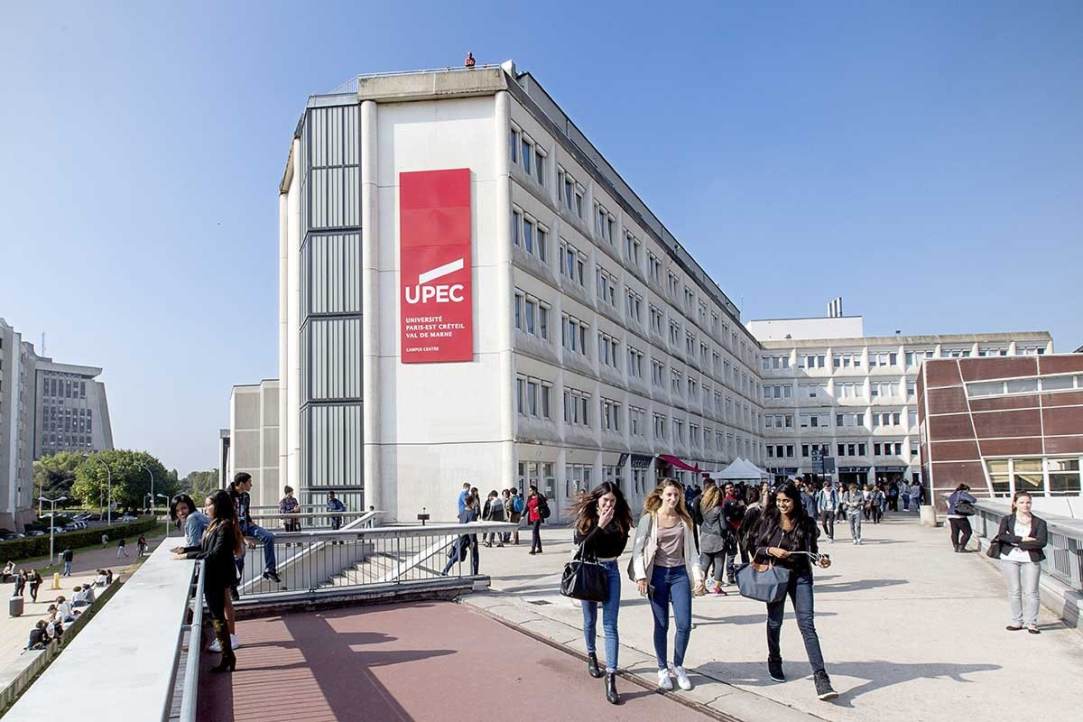Universit├® Paris-Est Cr├®teil ŌĆō partner of HSE Graduate School of Business
HSE Graduate School of Business concluded a student exchange agreement with Universit├® Paris-Est Cr├®teil (UPEC), France. The opportunity to participate in the exchange program with UPEC will be available to students of GSB Bachelor's programmes.

Universit├® Paris-Est Cr├®teil was founded in 1970 and┬Āis one of the major multidisciplinary and vocational universities within the Paris area.
Its main campus is only 20 minutes from the heart of the French capital by subway. UPEC serves a population of over 38,000 students.
UPEC Management Research Laboratory is among the top three in France. UPEC Management School is in the process of obtaining AACSB accreditation.
UPEC enjoys governmental and European support. Its diverse partnerships with business organizations enhance its local presence while favoring career opportunities for its students.
In direct contact with its socioeconomic environment, UPEC successfully combines academic and scientific excellence in a spirit of openness.
The university is home to 7 faculties, 8 schools and institutes, 33 research centers and an Observatory of Sciences of the Universe.
Boasting a diverse community of more than 130 nationalities, UPEC is highly invested in encouraging international exchanges and increasing the mobility of students, staff and faculty members. Each year, the university welcomes over 3,700 foreign students and about 50 international guest lecturers and researchers.┬ĀInternational students can benefit from special services such as adapted French courses, easy access to healthcare, and support for administrative procedures and in finding an accommodation or a job.
UPEC is committed to building knowledge and actively responding to the challenges of social and environmental transformation by promoting excellence and greater social justice. Its strategic plan is built around five pillars of interdisciplinary development, training and research:┬Ā
┬Ę┬Ā┬Ā┬Ā┬Ā┬Ā┬Ā┬Ā┬ĀHealth, Society, Environment
┬Ę┬Ā┬Ā┬Ā┬Ā┬Ā┬Ā┬Ā┬ĀSocial transformations, Inequalities, Resistances
┬Ę┬Ā┬Ā┬Ā┬Ā┬Ā┬Ā┬Ā┬ĀFrancophonies and Multilingualism
┬Ę┬Ā┬Ā┬Ā┬Ā┬Ā┬Ā┬Ā┬ĀKnowledge and practices in education and training
┬Ę┬Ā┬Ā┬Ā┬Ā┬Ā┬Ā┬Ā┬ĀDigital Science and Practice
┬Ā
